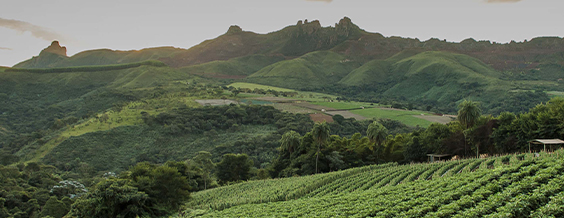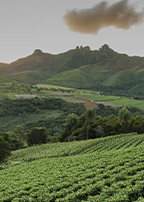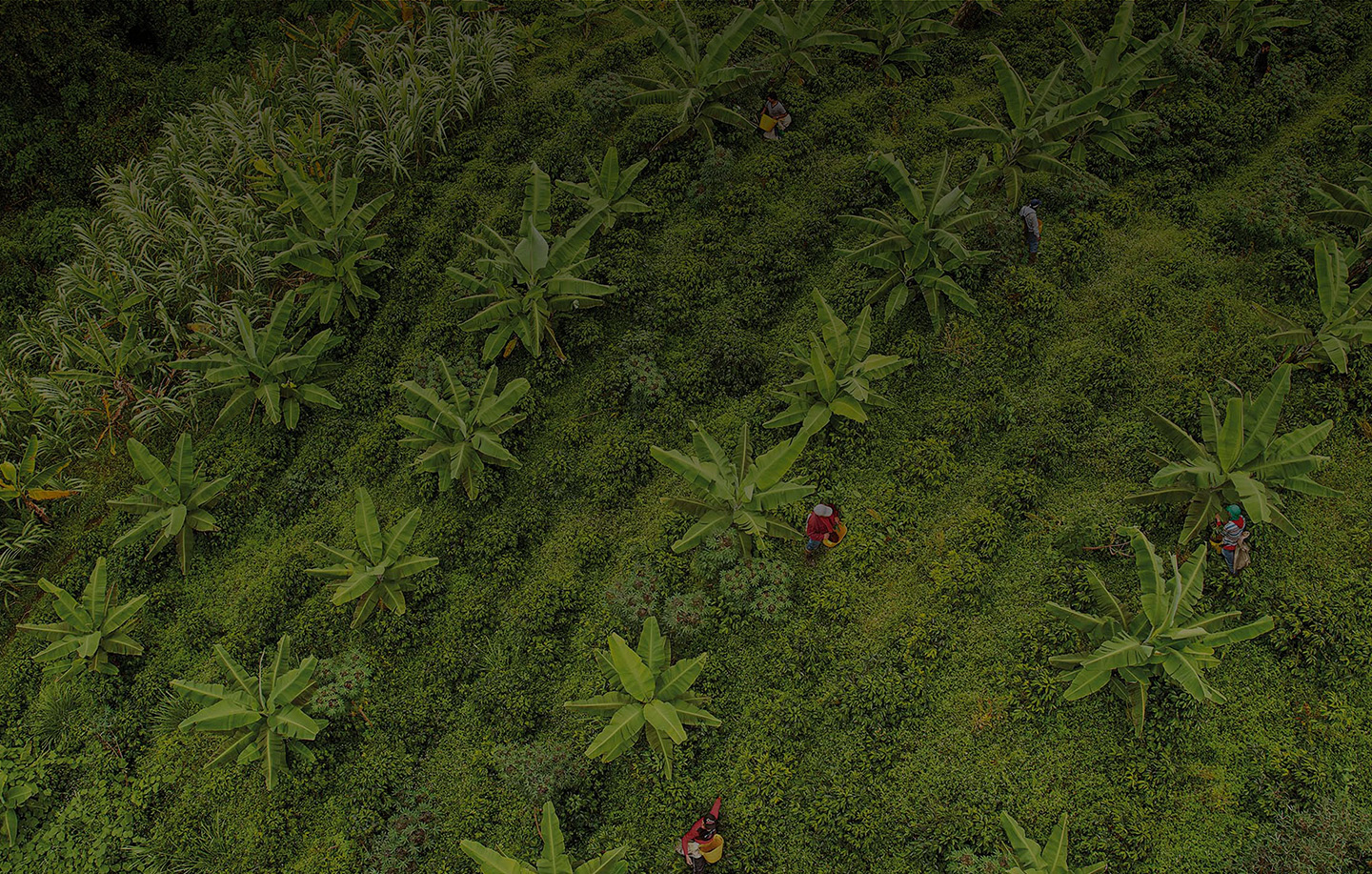*Lavazza is not affiliated with, endorsed or sponsored by Nespresso
**Nescafè®, Dolce Gusto® and Melody I are third party trademarks with no connection with Luigi Lavazza S.p.A.
Back
*Lavazza is not affiliated with, endorsed or sponsored by Nespresso
**Nescafè®, Dolce Gusto® and Melody I are third party trademarks with no connection with Luigi Lavazza S.p.A.
LAVAZZA STORIES









